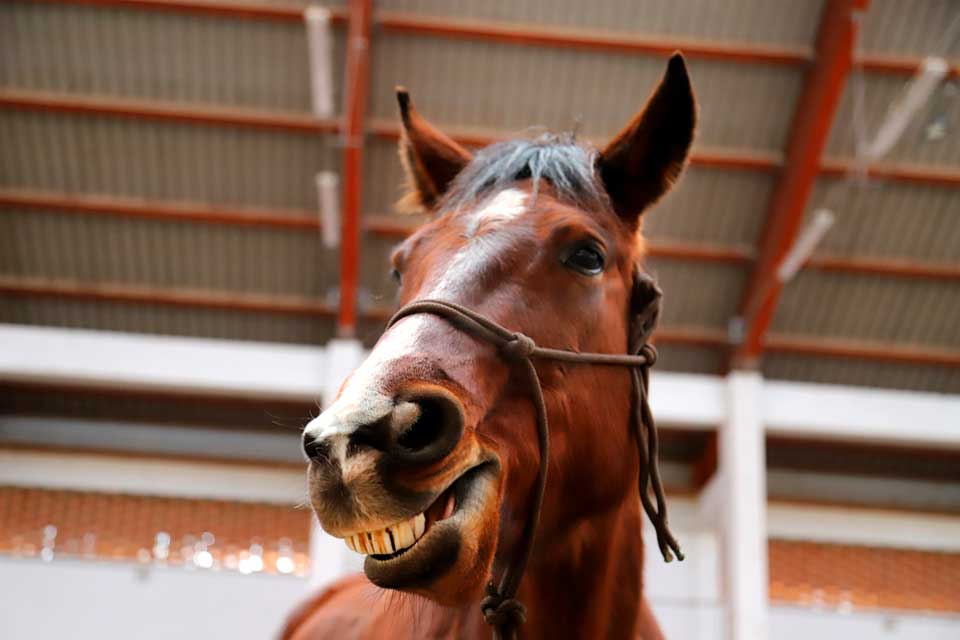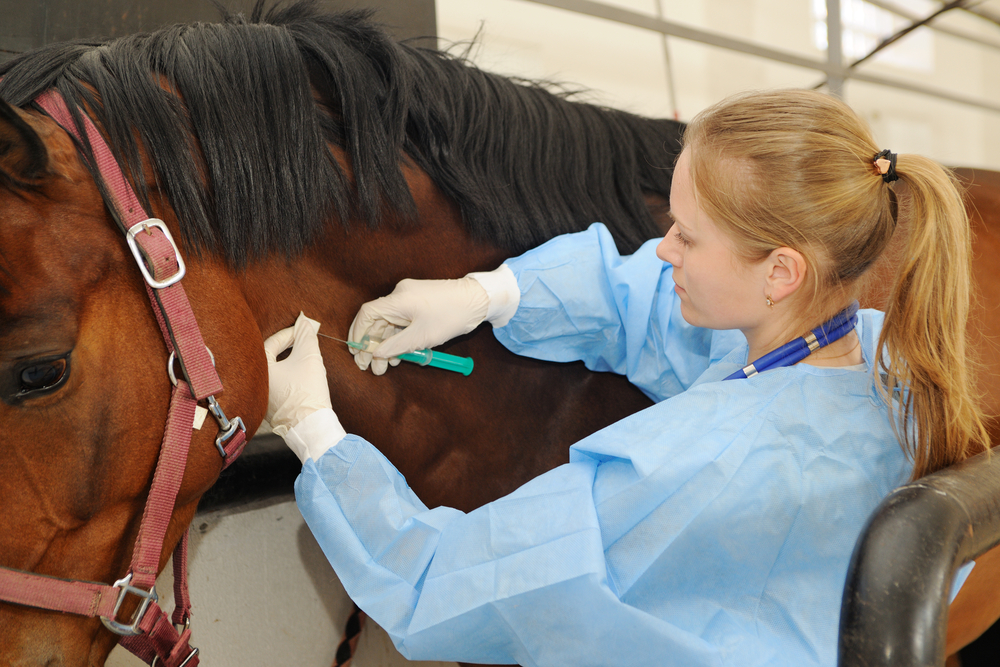Horses are magnificent creatures that require proper nutrition to maintain their health and vitality. One common issue that horse owners may encounter is when their horse won’t chew hay. This can be a concerning problem, as hay is a primary component of a horse’s diet. Understanding the reasons behind this behavior and finding appropriate solutions is crucial for maintaining your horse’s health.
Horse won’t chew hay can be a perplexing issue for many horse owners. It may result from a variety of causes, including dental problems, dietary preferences, or underlying health conditions. Addressing these causes is essential to ensuring your horse gets the nutrition it needs.

Understanding the Importance of Hay in a Horse’s Diet
Hay is an essential part of a horse’s diet, providing the necessary fiber and nutrients for proper digestion and overall health. It is vital for maintaining a healthy gut and supporting a horse’s energy levels. When a horse won’t chew hay, it may miss out on these essential benefits, leading to potential health issues.
Common Reasons Why a Horse Won’t Chew Hay
Dental Problems
One of the most common reasons a horse won’t chew hay is due to dental issues. Sharp molars, oral tumors, or other dental abnormalities can cause discomfort and make it difficult for the horse to chew properly. Regular dental check-ups are essential for identifying and addressing these problems. For more information on dental care, visit this equine dentistry resource.
Dietary Preferences
Some horses may develop specific dietary preferences and may simply not like the taste or texture of certain hay. Experimenting with different types of hay, such as alfalfa or timothy, can help identify a variety that your horse may prefer.
Health Conditions
Underlying health conditions, such as gastrointestinal issues or infections, can also lead to a horse won’t chew hay. If you suspect a health issue, consult a veterinarian for a thorough examination and diagnosis.
Diagnosing the Problem
Conducting a Thorough Mouth Examination
A comprehensive mouth examination can help identify any dental issues that may be causing discomfort. For a detailed checklist on what to look for, visit the mouth exam checklist.
Consulting a Veterinarian
If dental problems are ruled out, consulting a veterinarian is the next step. They can perform diagnostic tests to identify any underlying health conditions that may be affecting your horse’s ability to chew hay.
Solutions and Management Strategies
Providing Regular Dental Care
Regular dental care, including floating and checking for sharp molars, can help prevent dental issues that may interfere with your horse’s ability to chew hay. Learn more about managing sharp molars in horses at sharp molars.
Offering Alternative Forage Options
In cases where a horse won’t chew hay due to dietary preferences, offering alternative forage options, such as hay cubes or pellets, can ensure your horse receives the necessary nutrients.
Ensuring a Balanced Diet
Consulting with a nutritionist to ensure your horse receives a balanced diet is crucial. They can recommend supplements or alternative feed options that provide the necessary nutrients while accommodating your horse’s preferences.
Preventive Measures
Regular Health Check-ups
Regular health check-ups can help identify and address potential health issues before they become severe. Keeping up with vaccinations and deworming schedules is also crucial for maintaining your horse’s overall health.
Monitoring Eating Habits
Monitoring your horse’s eating habits can provide early indications of potential issues. If you notice any changes in appetite or behavior, consult a veterinarian for further evaluation.
When to Seek Professional Help
If your horse won’t chew hay despite trying various solutions, seeking professional help is essential. A veterinarian or equine dentist can provide a thorough evaluation and recommend appropriate treatments to address the underlying cause of the problem.
Conclusion
A horse won’t chew hay can be a challenging issue, but with the right understanding and approach, it can be managed effectively. By addressing dental problems, offering alternative forage options, and ensuring regular health check-ups, you can help your horse maintain a healthy diet and overall well-being.

FAQ
Why is hay important for horses?
Hay is vital for providing essential fiber and nutrients, aiding in digestion, and maintaining a healthy gut in horses.
What should I do if my horse won’t chew hay?
Consult a veterinarian or equine dentist to identify any underlying issues and explore alternative forage options.
Can dental problems cause a horse to stop eating hay?
Yes, dental problems such as sharp molars or oral tumors can cause discomfort, leading to a horse’s reluctance to chew hay.
For further reading on equine dentistry, explore this in-depth article on equine dentistry.
This article contains affiliate links. We may earn a commission at no extra cost to you.
